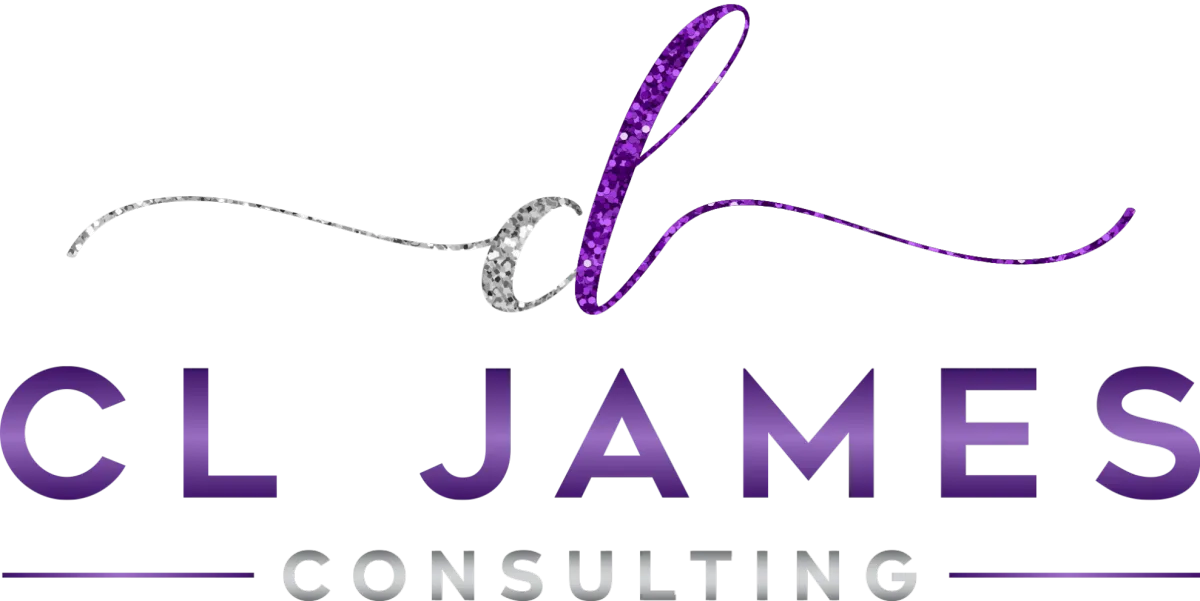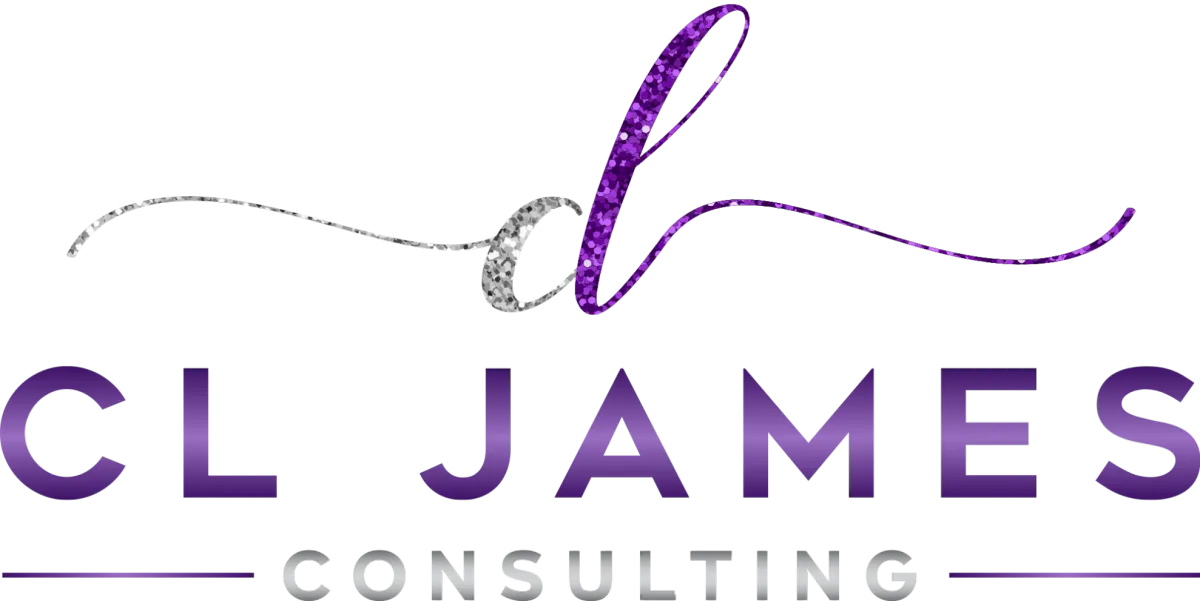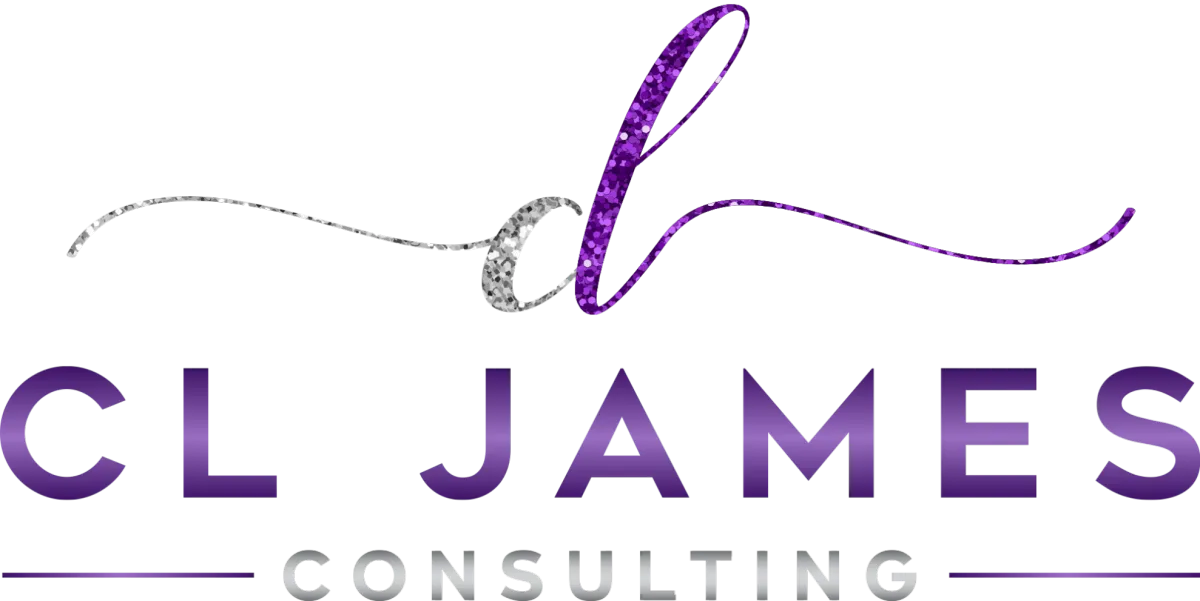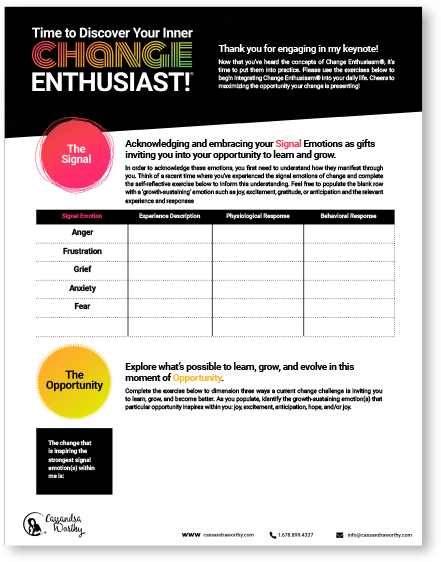
Insights for Aspiring CEOs
Welcome to Leader's Lounge, your dedicated space for deep-diving into the world of female entrepreneurship. Here, you'll
find a rich collection of articles tailored to inspire, educate, and empower you on your journey from solo entrepreneur
to successful CEO. Whether you're looking for the latest strategies in business automation, tips on effective leadership,
or ways to enhance operational efficiency, our blog is designed to support your growth and spark
significant transformation. Dive in and discover how to turn your business visions into actionable
realities while joining a community of like-minded leaders.
Welcome to Leader's Lounge, your dedicated space for deep-diving into the world of female entrepreneurship. Here, you'll
find a rich collection of articles tailored to inspire, educate, and empower you on your journey from solo entrepreneur to successful CEO. Whether you're looking for the latest strategies in business automation, tips on effective leadership, or ways to enhance operational efficiency, our blog is designed to support your growth and spark significant transformation. Dive in and discover how to turn your business visions into actionable
realities while joining a community of like-minded leaders.

The Importance of Providing a Seamless Online and Offline Customer Experience
The Importance of Providing a Seamless Online and Offline Customer Experience
Customer journey concept. Process of customer buying decision with keywords and icons
Customer loyalty is a hard thing to maintain these days. Consumers expect a lot from businesses and know if they aren’t happy, there are plenty of competitors they can switch to.
One thing small businesses absolutely need to do if they want to succeed is ensure both their online and offline customer experiences are seamless. At one time, it was all about taking care of customers who physically came into your store. These days however, even local customers are turning to the internet to make purchasing decisions.
What do customers want?
So what does it mean to offer a seamless customer experience both online and offline? Well, you first need to understand what your customers want.
These days, customers want maximum convenience. This means they expect to be able to buy your products and services through whichever channel they prefer. They also expect to be able to contact you easily via numerous channels.
In order to build customer loyalty therefore, you need to make your business as accessible and as easy to contact as possible.
It’s worth sitting down and figuring out just how flawless your current customer experience is. Look at both your online presence and your offline service. Is there anything that can be improved upon?
You probably already have a website, which is great. But the fact that many customers are now using their mobile devices to shop and find out company information gives you a unique opportunity to expand your marketing efforts.
With on-the-go customers, you can make use of in-app messaging, geo-targeting and many other methods. Mobile optimization offers you more digital channels to stay connected with your target audience, which ultimately increases sales.
Giving the customer numerous ways to engage with you is priceless because you have removed some of the barriers. Make things easier for them and they will thank you with long-term loyalty.
Think about it, if you were having trouble finding the information you needed to either contact a company or buy from them, would you persist or would you try another company?
I’m sure you know the answer. So be sure to pay as much attention to your online customer experience as you do with your offline experience to boost overall retention.
Also be sure to ask for and act on customer feedback too. This will alert you to any existing problems customers are having during the buying or browsing process. It also gives you the opportunity to develop trust by showing you actually reply and listen to customer feedback.
customer experience, customer loyalty, customer satisfaction, customer service, value customer


Join Our Mailing List
Each month I’ll perform a forward-facing ‘what-if’ analysis of a business to highlight potential opportunities or concerns. Get these and other business operations/strategy tips by adding your email address here


Join Our Mailing List
Each month I’ll perform a forward-facing ‘what-if’ analysis of a business to highlight potential opportunities or concerns. Get these and other business operations/strategy tips by adding your email address here


Take Home
Worksheet
Every keynote includes a worksheet to enable all of your attendees to put the concepts heard in the keynote into practice the very next day.
We will work with you to integrate these exercises with your existing post-event planning.